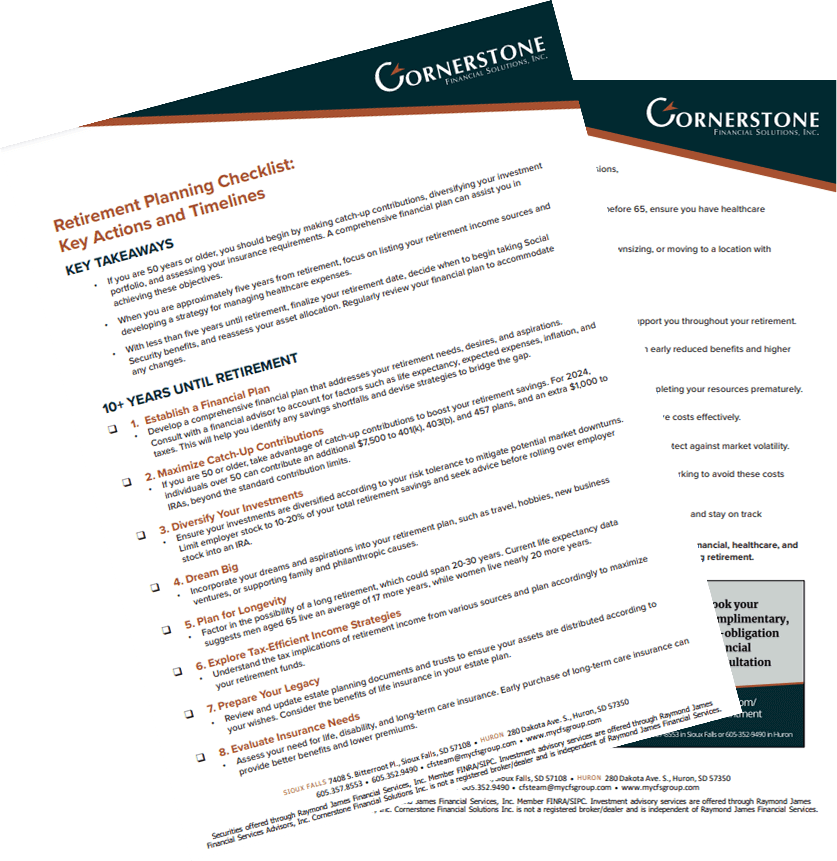Your dreams for your children likely include happiness, success, and perhaps the joy of raising a family. Your dreams probably don’t include them struggling in dead-end jobs, mired in debt, or living in your basement well into adulthood. If realized, concerns like these can challenge family dynamics and drain your finances – a significant problem if you’re trying to plan for retirement.
Fortunately, there are proactive steps you can take to help set your children up for success while safeguarding your financial future. One such step is investing in their education through a 529 plan or another type of education-funding account. The most common of these plans is the 529 college savings plan.
What is a 529 College Savings Plan?
A 529 College Savings Plan is a tax-advantaged savings plan allowing you to invest your money specifically for education. Funds in a 529 plan can grow tax-free, potentially allowing you to pay for more education at less cost to you.
You establish an account, choose investment options, and contribute funds that can be used for “qualified higher education expenses,” such as tuition, room and board, books, fees, and computers.
Benefits:
- Tax Advantages: Earnings aren’t subject to federal tax. In many cases, they’re exempt from state taxes, too. Funds withdrawn solely to pay for eligible college expenses are completely tax-free.
- Control: As the account holder, you maintain control over the funds, helping ensure they are used for their intended purpose.
- Estate Planning: 529 Plans are not counted as part of your estate, so your family won’t owe estate taxes on the account even if you pass away.
- Legacy: By helping fund their education, you’re providing financial support while also emphasizing the importance of education. Seeing that education is important to you can make it important to your children as well.
- Flexibility: There are no age limits. You can invest for both children and adults, so it’s never too late to start saving for education.
Investing in education through a 529 plan isn’t just good parenting, it can also be good retirement planning. Depending on your overall financial plan, it can pave the way for your children’s success while helping ensure your financial stability in the years to come. Consult a financial advisor who can help you evaluate a 529 college savings plan as part of your comprehensive financial plan.
Not a Cornerstone Client?
We can help you tailor a plan that aligns with your goals and ensures your loved ones have the educational opportunities they deserve. Call 605-357-8553 or email cfsteam@mycfsgroup.com to schedule a strategy session today.
Or, if you’d simply like more information about the two types of 529 plans, call 605-357-8553 or email cfsteam@mycfsgroup.com.
Earnings in 529 plans are not subject to federal tax, and in most cases, state tax, so long as you use withdrawals for eligible education expenses, such as tuition and room and board. However, if you withdraw money from a 529 plan and do not use it on an eligible education expense, you generally will be subject to income tax and an additional 10% federal tax penalty on earnings. As with other investments, there are generally fees and expenses associated with participation in a 529 plan. There is also a risk that these plans may lose money or not perform well enough to cover college costs as anticipated. Most states offer their own 529 programs, which may provide advantages and benefits exclusively for their residents. Investors should consider, before investing, whether the investor’s or the designated beneficiary’s home state offers any tax or other benefits that are only available for investment in such state’s 529 college savings plan. Such benefits include financial aid, scholarship funds, and protection from creditors. The tax implications can vary significantly from state to state.
This material is being provided for information purposes only and is not a complete description, nor is it a recommendation. CSP #551286 exp 7.22.25






